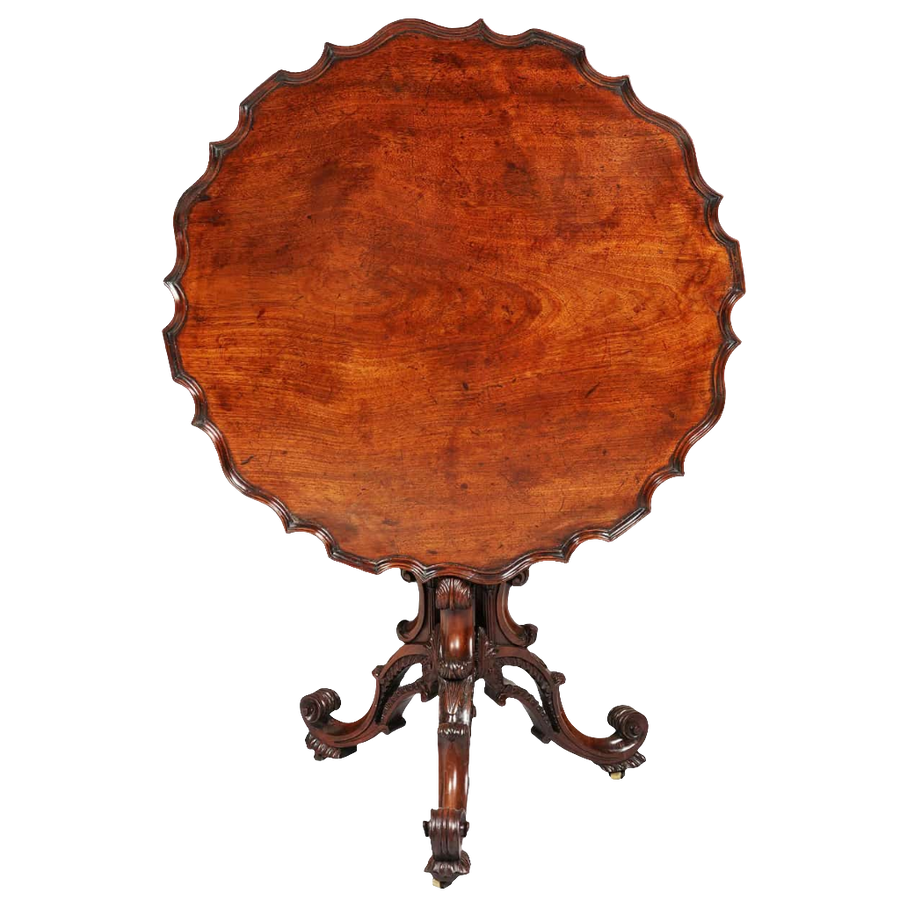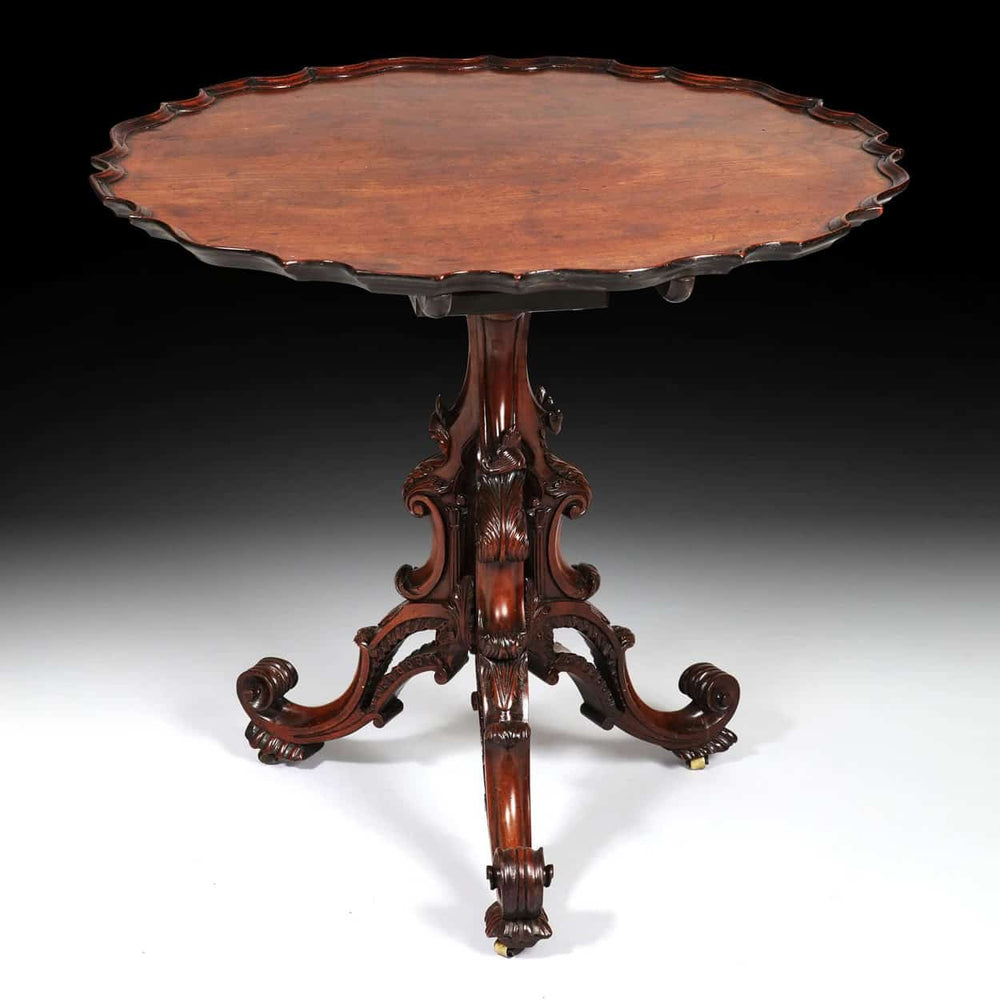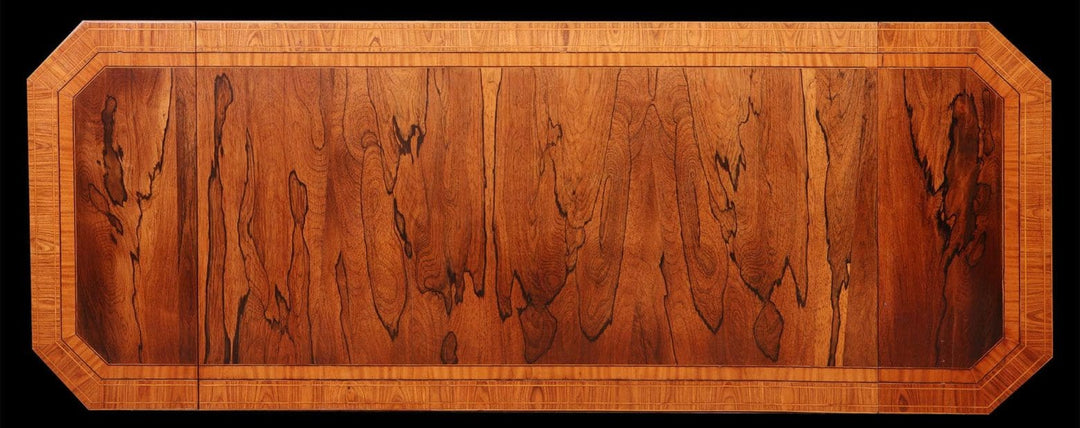Antique Declaration pdf - Updated “Liberation Day” Tariffs 2025
Shipping antique furniture and works of art internationally, particularly those over 100 years old, requires careful attention to customs regulations and proper documentation. download the pdf
🇺🇸 U.S. Import Duties (2025)
Goods classified under HTS code 9706.00.00—“antiques of an age exceeding 100 years”—remain duty‑free according to Chapter 97 of the Harmonised Tariff Schedule (CBP Help).
However, recent “Liberation Day” tariffs announced on April 2, 2025 introduced a 10% universal tariff on nearly all imports (effective April 5) and additional reciprocal tariffs targeting specific countries (8–50%) (Wikipedia). Crucially:
-
These tariffs are applied under the International Emergency Economic Powers Act (IEEPA).
-
Antiques (HTS 9706) remain explicitly exempt from the new tariffs (Wikipedia, Reddit).
-
Multiple federal courts have stayed portions of the tariff plan, but the overarching framework remains in effect pending appeal (Wikipedia).
That said, dealers report inconsistent enforcement, especially with complex items like paintings, furniture, including tables, seating, cabinet furniture or Asian / oriental items (Barron's). Some shipments have still been hit with tariffs based on misclassification or broker misunderstandings.
🌍 Antique Declaration Form
This PDF is critical for asserting that your item is:
-
Over 100 years old,
-
Properly classified under HTS 9706,
-
Not subject to tariff despite non‑antique components (e.g., repairs, restorations).
Used by DHL, FedEx, and UPS to facilitate customs clearance, it typically includes:
-
Circa date (e.g., “circa 1820”),
-
Air Waybill number,
-
Clear wording that the item qualifies under 9706,
-
Statement on restoration scope,
-
Shipper’s signature.
Without it, your antique might be misclassified and incur the 10–50% tariffs now in place. Even though legally exempt, real‑world practices mean you still need strong documentation.
🔧 Shipping Options
-
Specialist Fine‑Art/Antique Couriers
Companies like Art Logistics, The British Shop, Gander & White, and Cadogan Tate handle full documentation (incl. Antique Declaration), insurance, and customs compliance—ideal for high‑value, fragile, or complex shipments. -
Self‑Packaging + Traditional Carriers
Alternatively, you can package items securely (triple‑wall boxes, wooden crates, shock‑absorbing materials) and ship via DHL, FedEx, UPS or via consolidators like Transglobal Express. But in that case:-
You must attach an Antique Declaration and commercial invoice marked HTS 9706.
-
Be prepared to respond to customs requests if the item is flagged.
-
🛃 What to Expect at U.S. Customs
-
Properly documented HTS 9706 shipments remain duty-free, even under new tariff regimes (eCFR, Wikipedia, Wikipedia, The Hoarde, Barron's).
-
Misclassified items—like antiques lumped with “art”, furniture, or 19th/20th‑century décor—could still be assessed a tariff, sometimes 10–20% (Business of Home).
-
Customs’ discretion may prevail in ambiguous cases (e.g., painting vs. collectible), and they may apply retrospective fees .
-
Engage a customs broker or use a specialist shipper to minimize risk and ensure compliance.
✅ Summary
Shipping antiques internationally—especially those over 100 years old—requires accurate documentation and an understanding of current U.S. customs law.
Antique shipments classified under HTS 9706.00.00 remain duty‑free, even under the 2025 “Liberation Day” tariff edicts ( CBP Help), but inconsistent enforcement means an Antique Declaration form is essential.
This form (used by DHL, FedEx, UPS) certifies age, classification, and restoration status. Without it, you risk unnecessary tariffs, delays, or seizure.
For added protection, ship via fine‑art and sculpture couriers (Art Logistics, The British Shop, Gander & White, Cadogan Tate) who handle customs documentation, or package yourselves with an Antique Declaration and ship via mainstream carriers—with the caveat of ensuring packaging, labelling, and documentation are meticulously prepared.
Disclaimer
The information presented on this page is for general guidance and does not constitute legal, tax, customs, or shipping advice.













Leave a comment